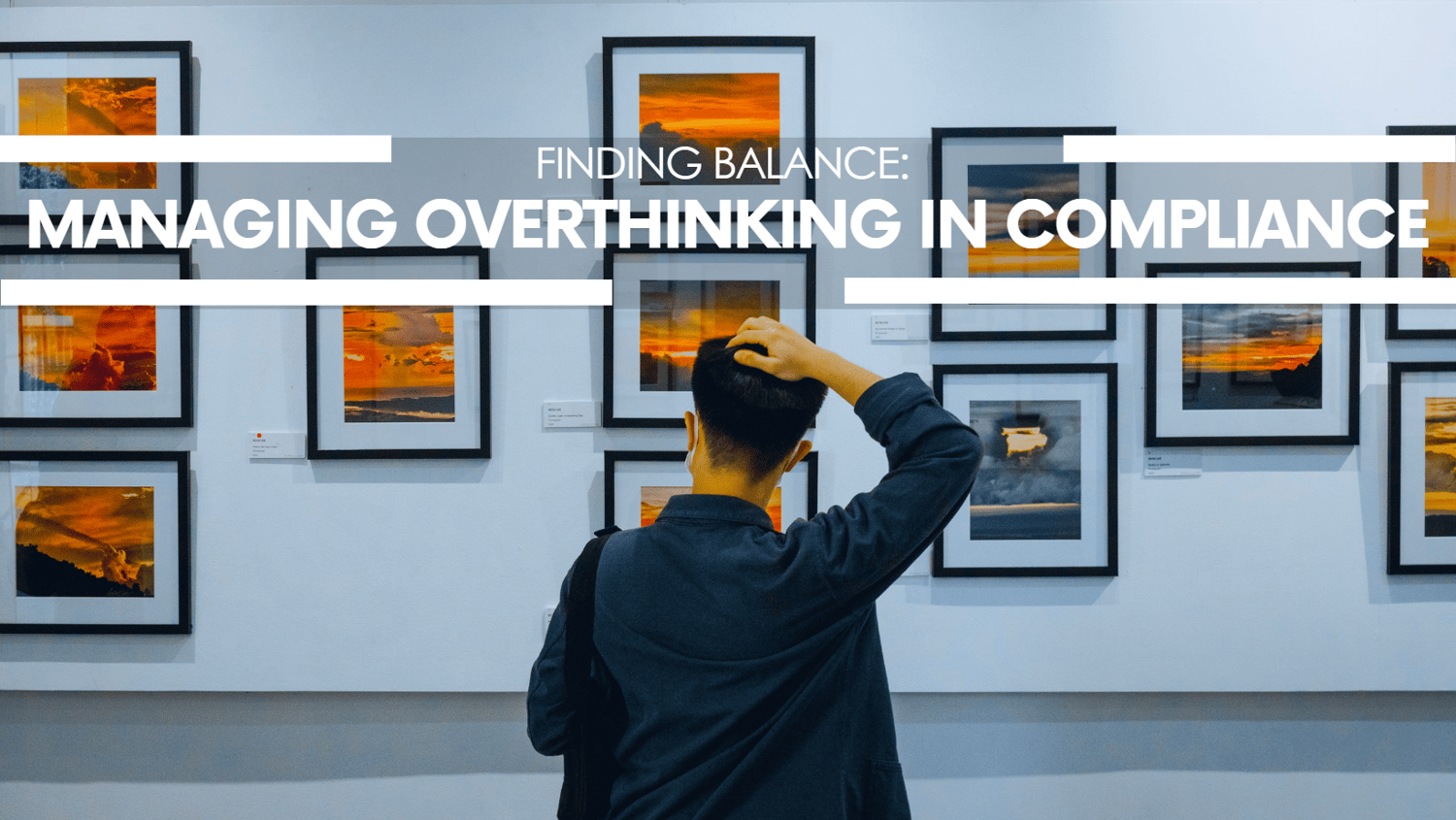Are you an overthinker? Is being an overthinker a valuable asset in AML CTF assessment?
Being an overthinker can be a challenging experience, particularly when it comes to our personal lives. Overthinking can lead to excessive worrying, anxiety, and stress, which can have a negative impact on our mental and physical health.
I am a natural overthinker and spend a lot of time analyzing situations and contemplating various outcomes before making a decision. This trait can sometimes be overwhelming; however, it has also helped me approach challenges with a level of thoughtfulness and thoroughness that has proven valuable in both my personal and professional life.
When I started working and became a part of Compliance, I discovered that this trait can be a valuable asset in Anti-Money Laundering (AML) and Counter-Terrorist Financing (CTF). However, this may also lead to analysis paralysis and result in delays and inefficiencies in the review process, which can be detrimental in the fast-paced world of AML and CTF.
On one hand, being an overthinker helps me in these fields to be more detail-oriented and thorough in my analysis, which is important when it comes to identifying potential risks and suspicious activities. I tend to analyze situations from multiple angles, which can help me identify patterns and connections that others might miss.
My advice is that it is important to strike a balance between being thorough and being efficient in your review process. As an overthinker, you can leverage your strengths to identify potential risks and red flags, but you should also be mindful of not getting bogged down by insignificant details that do not contribute to the overall risk assessment. Additionally, seeking feedback from colleagues or supervisors may be helpful to ensure that you are not missing any critical information or insights.

